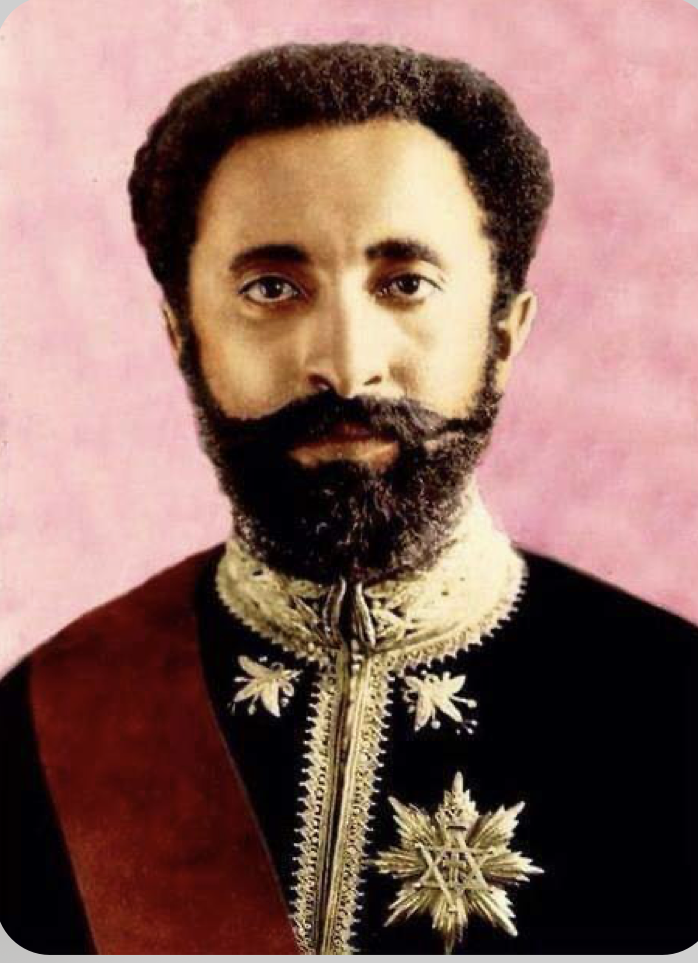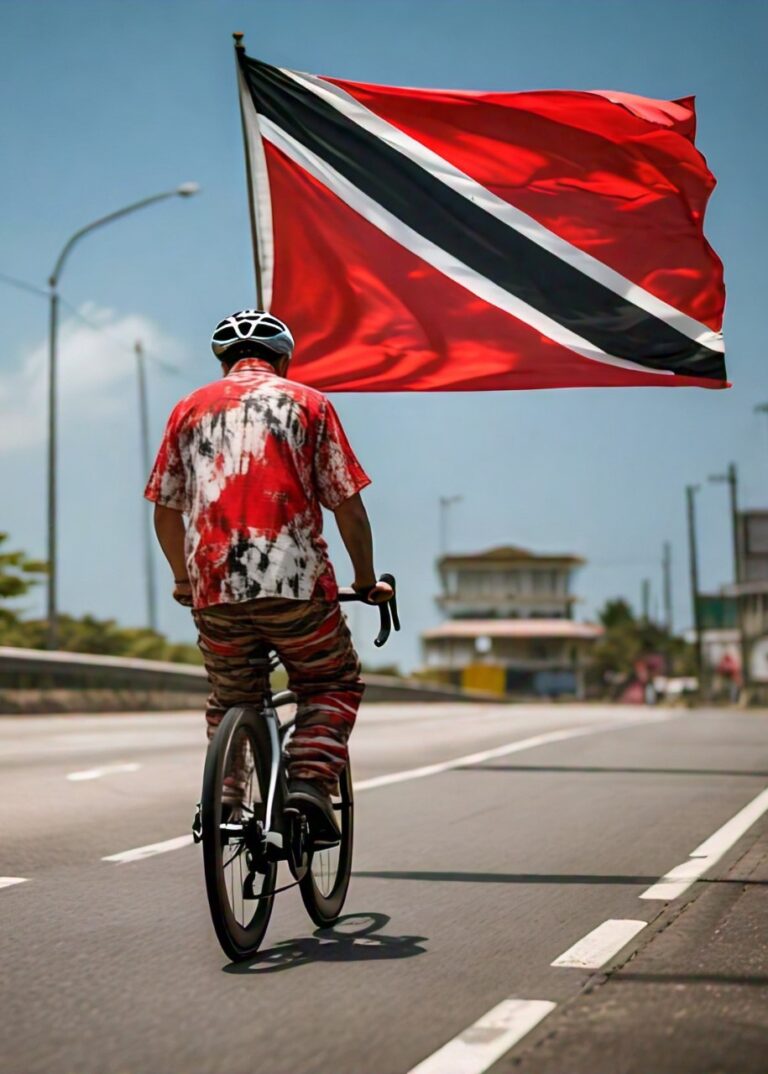A proud stand for justice: Supporting a war-torn nation in crisis

In a world fraught with uncertainty and conflict, it is with immense pride and unwavering resolve that I pen this article. As a writer and a citizen of Trinidad and Tobago, we remain deeply committed to the values of freedom and justice. I am heartened by my country’s courageous decision to stand in solidarity with the war-torn nation of Palestine who we all know, is facing an existential crisis. This pivotal moment, marked by our collective support and decisive action, underscores our nation’s enduring commitment to uphold human dignity and resist oppression. It is a testament to our shared humanity and the profound belief that, even in the darkest of times, we can make a difference, even though we are the smallest of nations, we can use our voices for those who have none. At the recent UN General Assembly, Minister Browne passionately expressed solidarity with the Palestinian State, while highlighting the double standard of other countries who failed to even acknowledge the present truth.
Now I’m sure this decision did not come without its challenges. Committing to support a nation in conflict often involves navigating complex political landscapes, both domestically and internationally and balancing alliances and managing diplomatic relations can be particularly challenging. However, putting politics above people can never be the answer in a crisis and our government made the best decision to protect dying women and children. Of course, gaining widespread public support for such a decision can be difficult. Citizens may have diverse opinions on foreign intervention, and ensuring a unified stance requires effective communication and transparency from the government but suffice to say, most Trinbagonians agree we can no longer stay silent while the world turns a blind eye or remains reticent, lie the old Latin phrase, “inter arma silent leges.”
The humanitarian crisis in Palestine, particularly in the Gaza Strip and the West Bank, demands attention by most if not all countries of the world. The ongoing conflict and occupation have resulted in severe hardships for millions of Palestinians, necessitating urgent and sustained humanitarian assistance. The conflict has led to widespread displacement, with many families forced to flee their homes multiple times. According to recent reports, over 2 million Palestinians are in urgent need of humanitarian assistance, including food, water, sanitation, shelter, healthcare, and education. The destruction of infrastructure and the blockade of essential supplies have exacerbated the crisis, leaving many without access to basic necessities. Access to healthcare is a critical concern. The destruction of medical facilities and the shortage of medical supplies have severely impacted the ability to provide adequate care. Hospitals are overwhelmed, and there is a significant shortage of essential medicines and medical equipment. The spread of diseases continues to be a threat particularly in overcrowded displacement camps where sanitation conditions are poor.
Food insecurity is another major issue. The blockade and restrictions on movement have disrupted food supplies, leading to shortages and high prices. Many families are unable to afford basic food items, resulting in malnutrition, especially among children. Humanitarian organization are working tirelessly to provide food aid, but the needs far exceeds resources. The destruction of homes and infrastructure has left many Palestinians without adequate shelter. Displaced families are living in makeshift tents, damaged buildings, or overcrowded shelters.
In times of war and occupation, the silence of the international community can be as damaging as the conflict itself. Speaking up for a war-torn nation is an affirmation of shared human values and a commitment to protecting the rights and dignity of all people. Silence in the face of suffering can be seen as complicity but international condemnation can exert significant political pressure on the occupying force to cease hostilities and engage in peace negotiations. Diplomatic efforts, sanctions, and other forms of pressure can help to bring about a resolution to the conflict. The collective voice of the global community is the most powerful tool in advocating for peace and justice for the people of Palestine.
The humanitarian considerations for the people in Palestine are vast and complex. The ongoing conflict and occupation have created a situation of immense suffering and need. While international aid provides crucial support, a comprehensive and sustained effort is required to address the underlying issues and ensure a better future for the Palestinian people. It is a moral imperative for the global community to stand in solidarity with those affected and work towards lasting peace and justice.
Subrina Hall-Azih is an educator.






